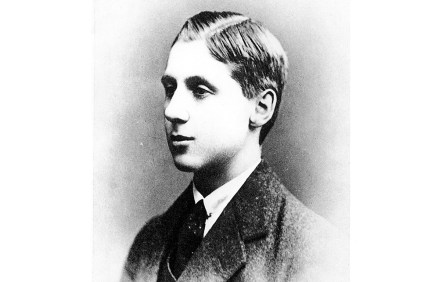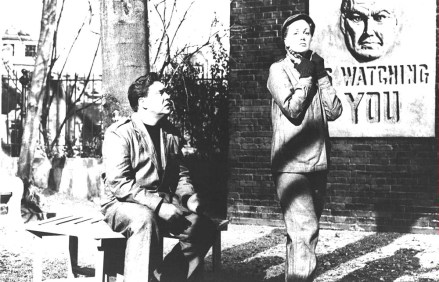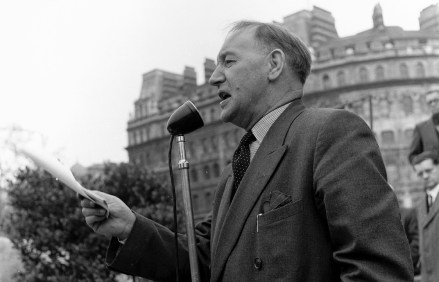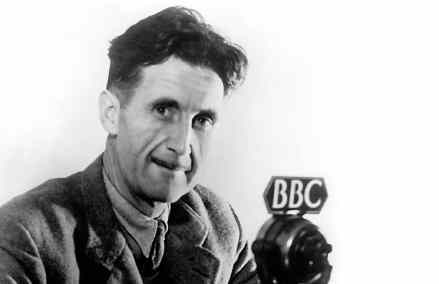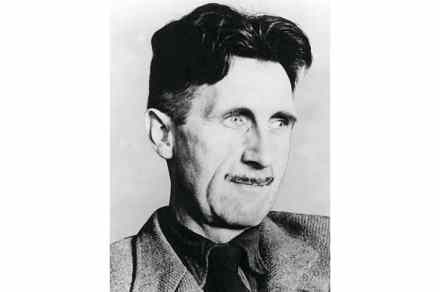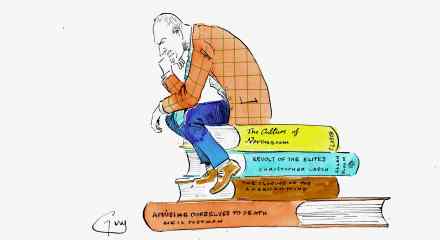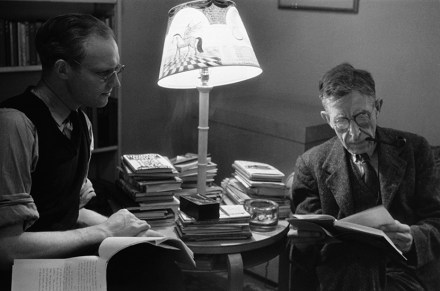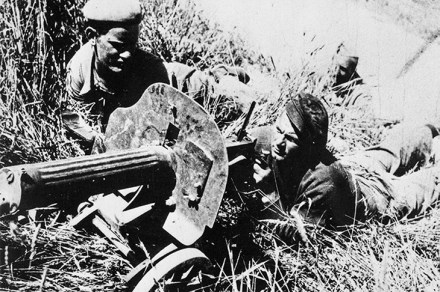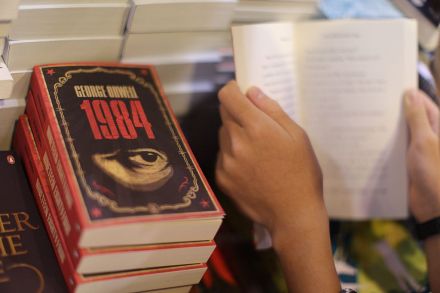Tall tales of the Golden East: the fabulous fabrications of two 20th-century con artists
Have literary deceit and spiritual self-invention ever been this entertaining? The question arises on almost every page of this galloping exposé of two men who were exceedingly relaxed about not telling the truth throughout their professional lives. They would have called it ‘storytelling’. Those who questioned the reliability of their often outlandish claims were dismissed as academic nonentities. One minute Ikbal’s journey across the Middle East was 15,000 miles, the next it was 25,000 miles Sirdar Ikbal Ali Shah was the great-grandson of Jan Fishan Khan, a 19th-century Arab nobleman who had supported the British in Afghanistan and been rewarded with an Indian title, palace and pension. Ikbal failed to



